- Home
- Highlights
- From Bsharre to Al-Mina: Lebanese Women Break Political Ground in Municipal Elections
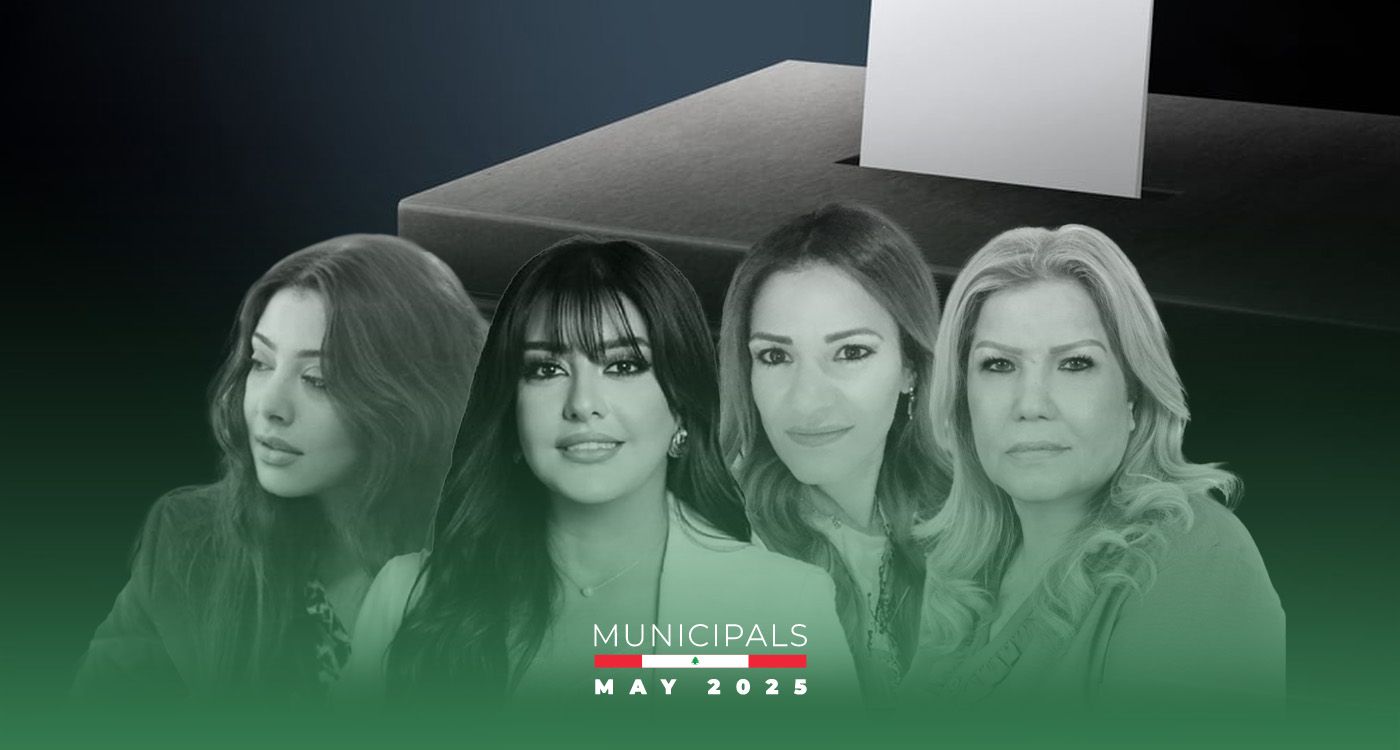
©This is Beirut
Women's participation in Lebanese politics remains strikingly low, both in municipal and parliamentary elections. In the 2022 elections, only eight women were elected out of 115 candidates. Misogynistic rhetoric continues to plague women in politics, reflecting a persistent societal resistance to female leadership. During the 2016 municipal elections, just 6.9% of candidates were women, and only 5.4% secured seats. Despite these challenges, a growing number of women are determined to reshape the political landscape. Though female candidacy remains limited, there is hope that women’s participation will one day surpass 50%.
Women Seeking Change in Bsharre
In the northern town of Bsharre, Diana al-Fakhri, known for championing local food industries through her “Fakhr al-Mouneh” initiative, is running for the municipal council to empower women and advance community development.
“My candidacy is driven by my belief in my ability to create positive change, particularly by supporting agricultural and food-related projects and promoting transparency in services,” al-Fakhri said.
She views the women's quota as a necessary mechanism during this transitional period to ensure female representation in public life. However, she favors open competition once social attitudes evolve to naturally support women candidates.
“Today’s municipal councils do not reflect the needs of Lebanese women,” she noted. “Many decisions overlook women's social and economic priorities. But we’re now seeing more women stepping up, which signals that real change is underway.”
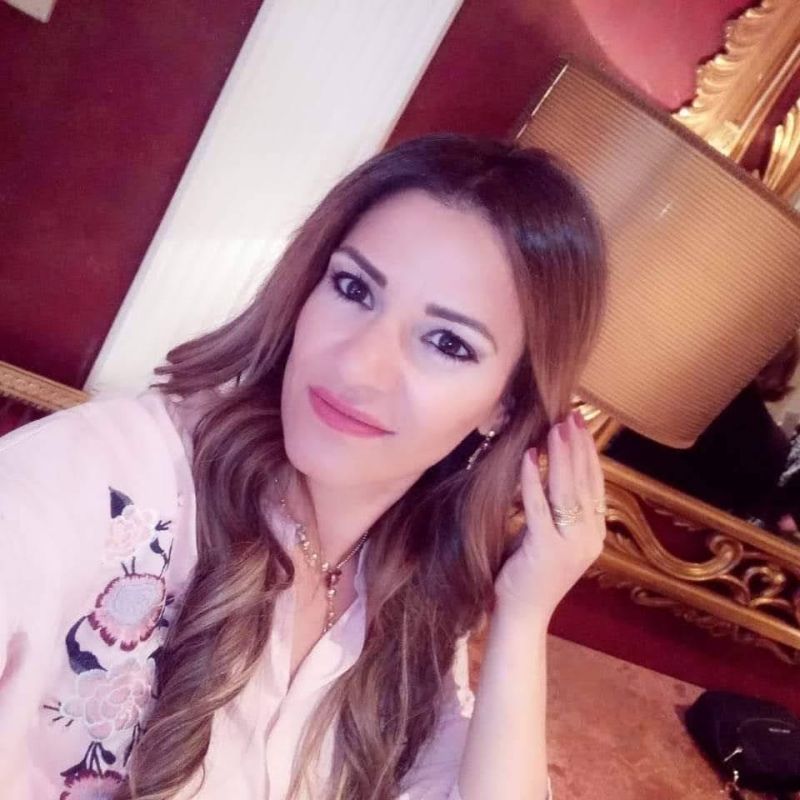
In Bouchrieh: Mental Health on the Ballot
In Sed el-Bouchrieh, psychologist and activist Rola Hanna is running for municipal office, bringing mental health to the forefront of her platform.
“Development starts in our neighborhoods, with the small details of everyday life,” Hanna said. “From better street lighting to more green spaces, these changes can have a powerful impact on mental well-being. Having a mental health expert on the council isn’t a luxury—it’s a necessity.”
While she supports free and open competition, Hanna also recognizes the quota as a critical step to ensuring capable women can access decision-making spaces.
“Municipal councils that include women are more balanced in their priorities,” she added. “We bring a deeper focus to health, education and social services—areas essential to a thriving community.”
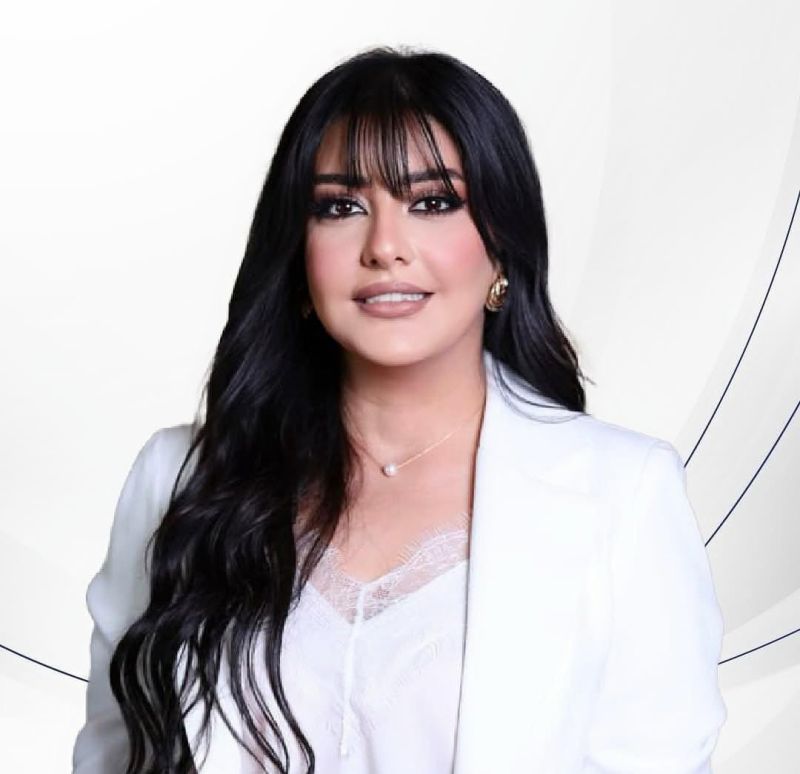
In Al-Beddawi: A Fight for Representation
In al-Beddawi, social activist Rola Karima is seeking election to the municipal council for a second time.
“In 2016, I ran to break the barrier of fear and to challenge the status quo pushed by current mayor Hassan Ghamrawi,” Karima said. “Today, I’m running again to bring the change our region desperately needs.”
She aims to revitalize a town she says has long been neglected, focusing on pressing issues like drug abuse and youth disenfranchisement.
“My mission is to raise awareness and open new opportunities for education and vocational training,” she explained.
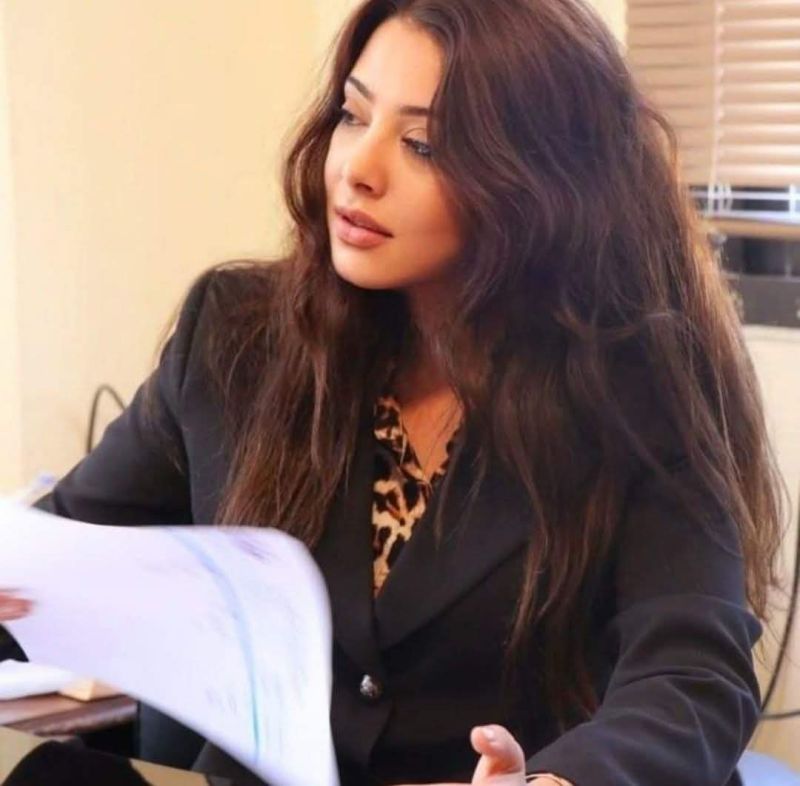
In Al-Mina: A Call to Action
In al-Mina, incumbent Mukhtar Hoda al-Kurdi is seeking re-election after her historic 2016 victory.
“The role of the mukhtar today requires knowledge, experience and a vision for community development—it’s not just a ceremonial title,” al-Kurdi said.
She called on other women to overcome fear and step into leadership roles, noting that communities like the one in al-Mina are increasingly embracing women in public office.
Lebanese women are stepping forward to reshape their towns and communities, challenge entrenched norms and demand a seat at the decision-making table. But will society meet them halfway and support this momentum? Only time will tell.
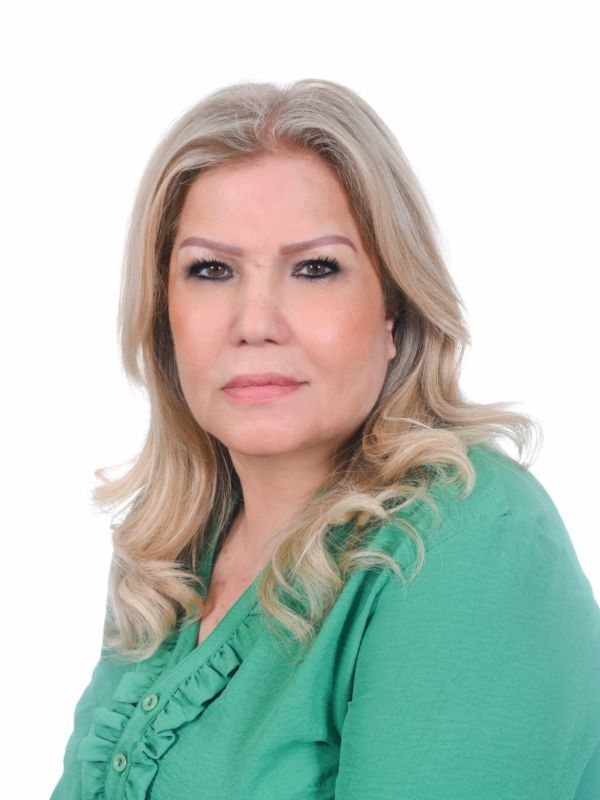
Read more



Comments